This new edition of the bestselling text, Nurturing Natures, provides an indispensable synthesis of the latest scientific knowledge about children’s emotional development. Integrating a wealth of both up-to-date and classical research from areas such as attachment theory, neuroscience developmental psychology and cross-cultural studies, it weaves these into an accessible enjoyable text which always keeps in mind children recognisable to academics, practitioners and parents.
It unpacks the most significant influences on the developing child, including the family and social context. It looks at key developmental stages from life in the womb to the pre-school years and right up until adolescence, covering important topics such as genes and environment, trauma, neglect or resilience. It also examines how children develop language, play and memory and, new to this edition, moral and prosocial capacities. Issues of nature and nurture are addressed and the effects of different kinds of early experiences are unpicked, creating a coherent and balanced view of the developing child in context.
Nurturing Natures is written by an experienced child therapist who has used a wide array of research from different disciplines to create a highly readable and scientifically trustworthy text. This book should be essential reading for childcare students, for teachers, social workers, health visitors, early years practitioners and those training or working in child counselling, psychiatry and mental health. Full of fascinating findings, it provides answers to many of the questions people really want to ask about the human journey from conception into adulthood.
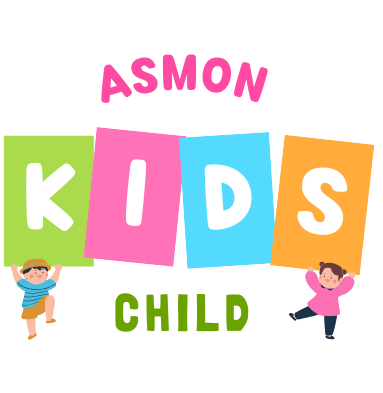
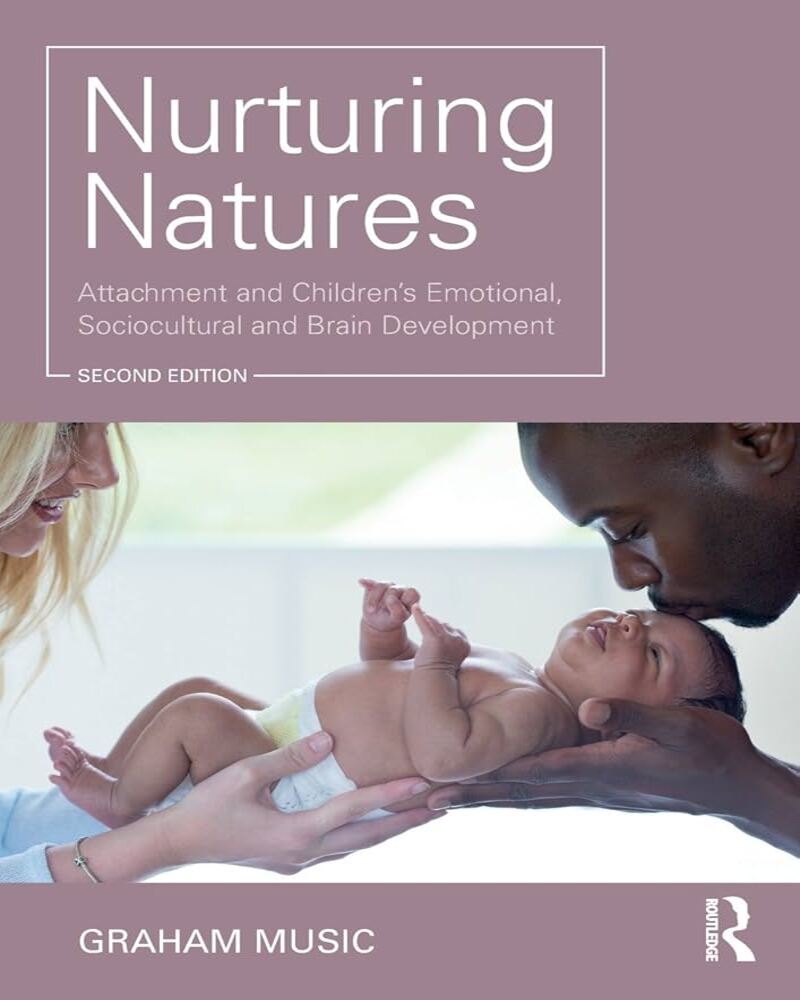
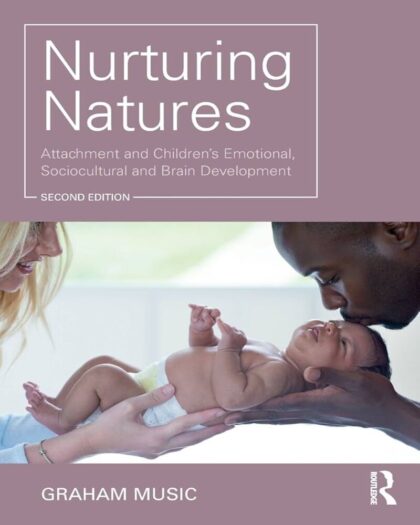
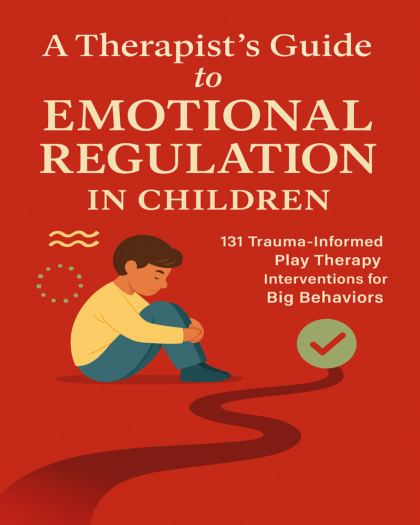
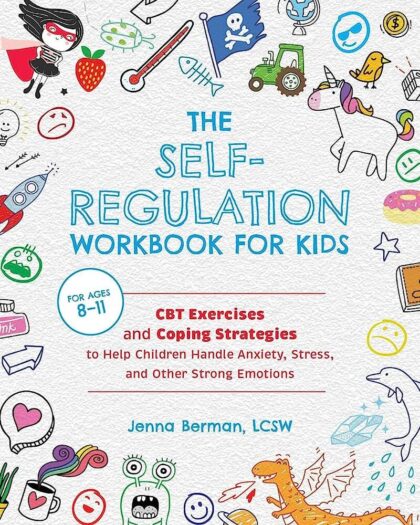
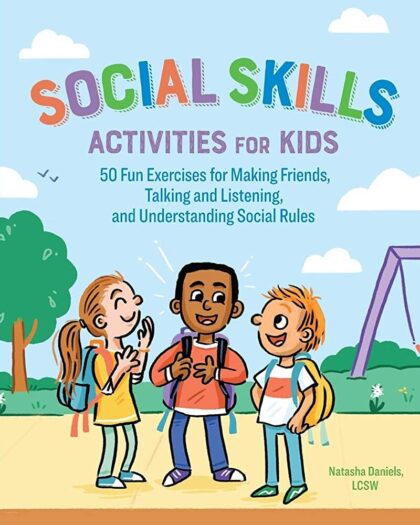
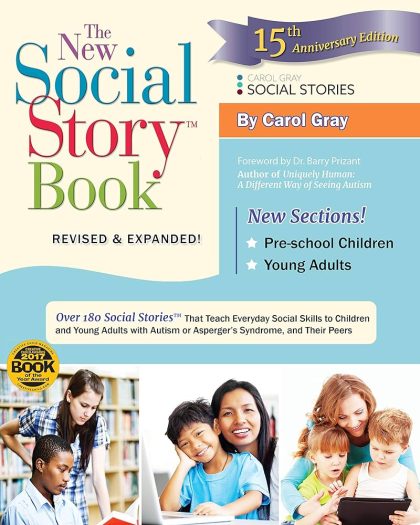
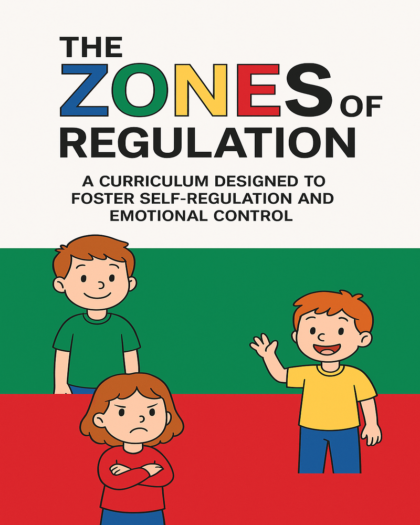
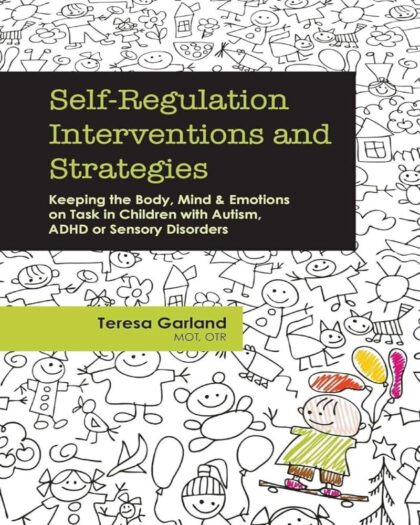
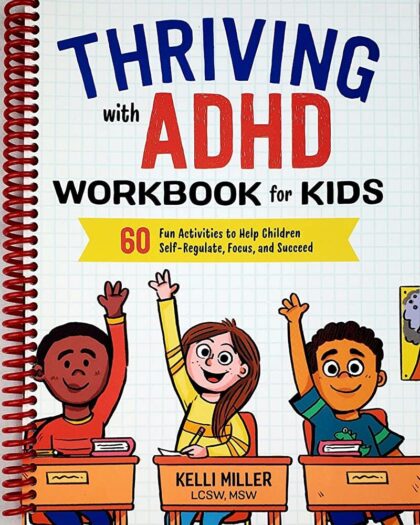
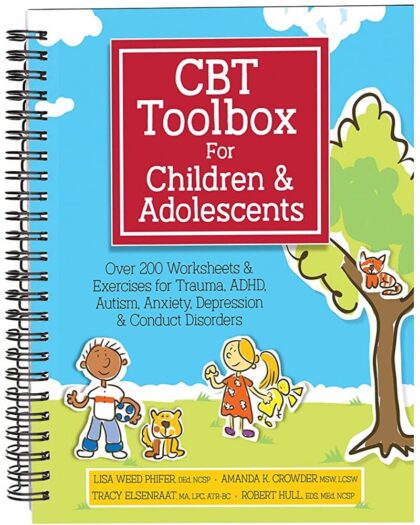
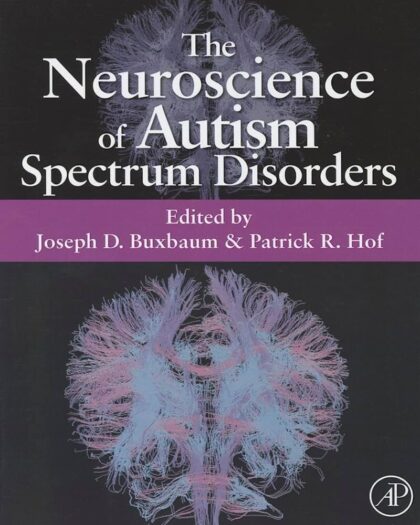
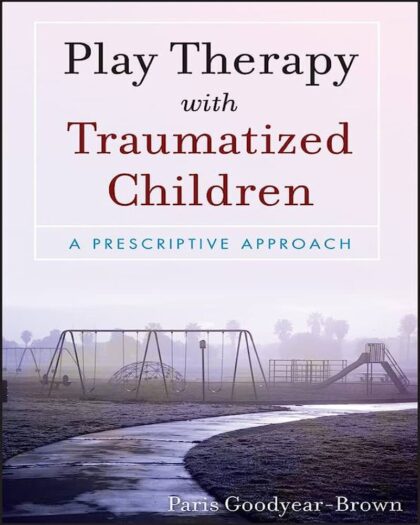
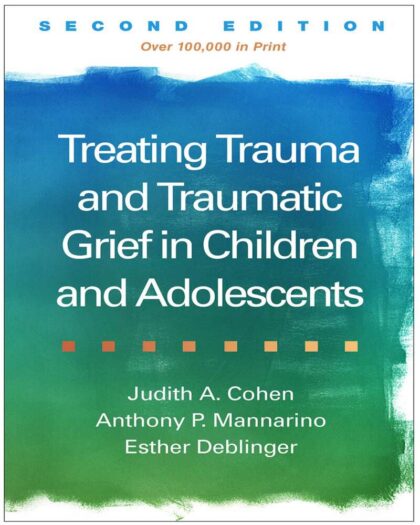
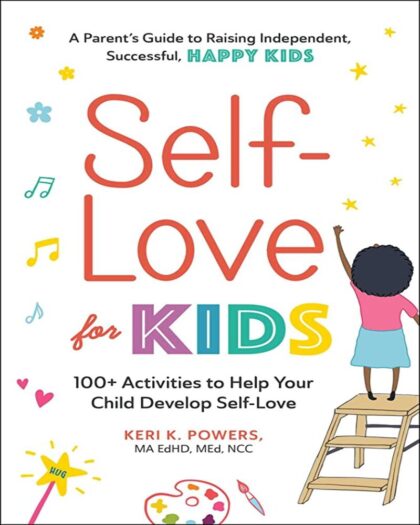
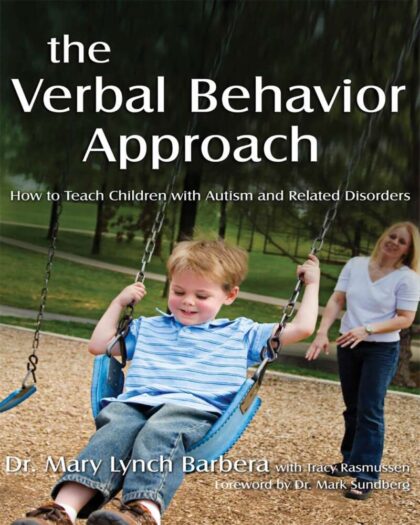
This book is different. The author takes the reader on the journey of child development, starting with the mother and child's prenatal experiences. While a good deal of attention is directed to the role of attachment, the book is broader than this, including a lot of information on how a child perceives most aspects of her environment, not just the parent.
To accentuate each point, the author makes ample reference to the child development research. While this can result in readers tuning-out in some instances, his citation of the research tends to be interesting and informative. That is, he alludes to a study and its key finding as a way of making a point, without getting bogged down in technical language.
Above, I wrote that many books on this topic fail to include much that is new or innovative. In contrast, the author tackles some sensitive areas, which we might want to turn away from, but which we really need to focus on. As an example, he writes of parental abandonment of a child, be it infanticide (which, historically, has been quite common in many cultures), to withdrawal associated with parental depression, to parental ambivalence about not having the child they fantasized. He writes: "Timing is often crucial; human and other primate mothers can abandon a child when the circumstances are wrong, and yet can lovingly and devotedly care for another child born in more propitious times."
Other important topics included in the book:
* The impact of domestic violence on a child
* The role of the father in a child's development
* Cognitive/brain development
* Sibling relationships
* The impact of culture on child development
* The effects of abuse and neglect
* Attachment during adolescence
* Resiliency and protective factors
I gather that this book is primarily geared toward professionals who work with children and families. This population will certainly derive a lot of good information from the book. But I also think this book can appeal to parents. It's not a 'how-to' book of parenting, but most adults will be able to glean much useful information from what is included here. It would also be a good book to use in college classes on child development, and perhaps even in parent education courses.
So, I definitely give the book 5 stars. At 315 pages, it's an easy, informative, and educational read.